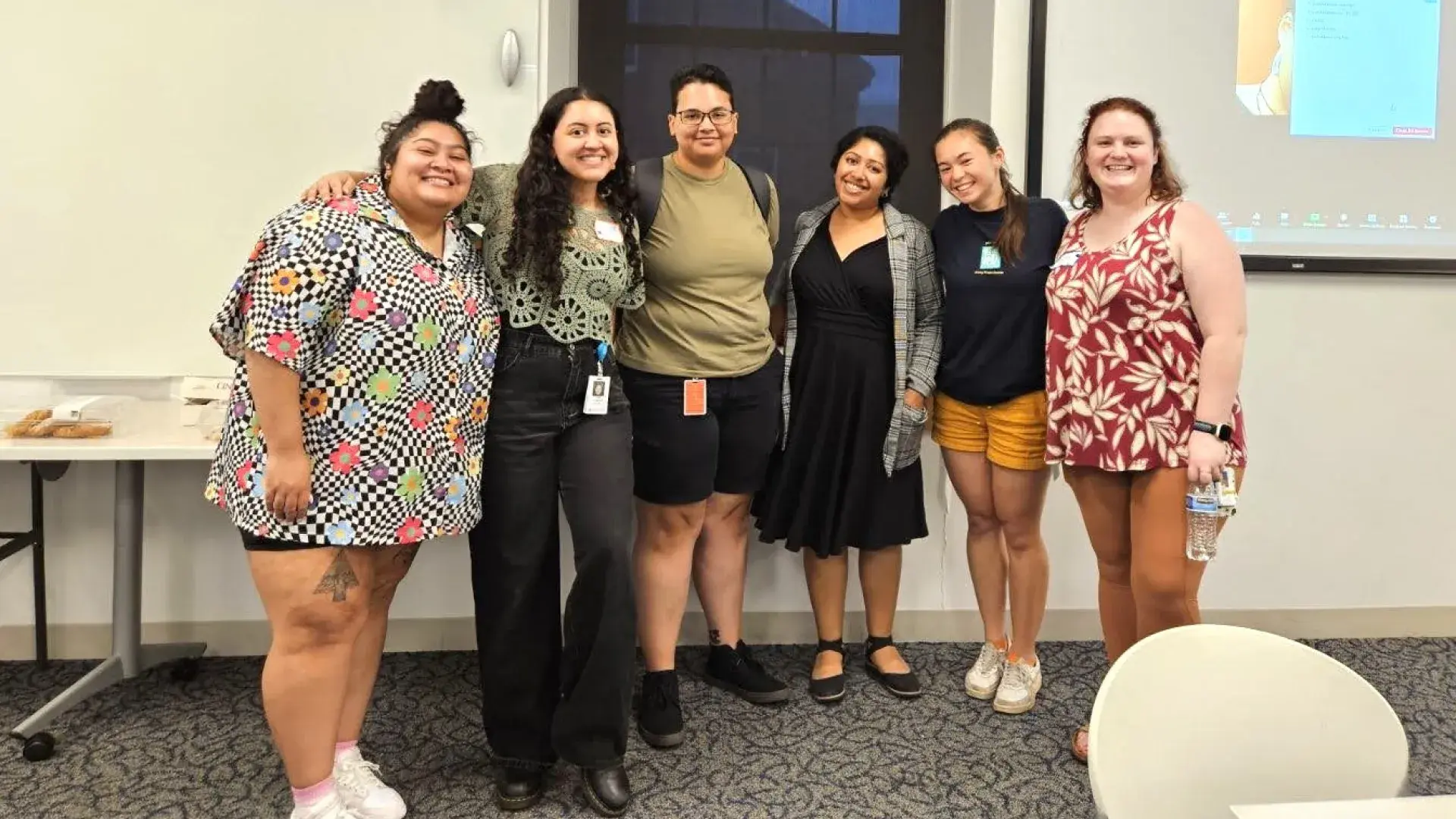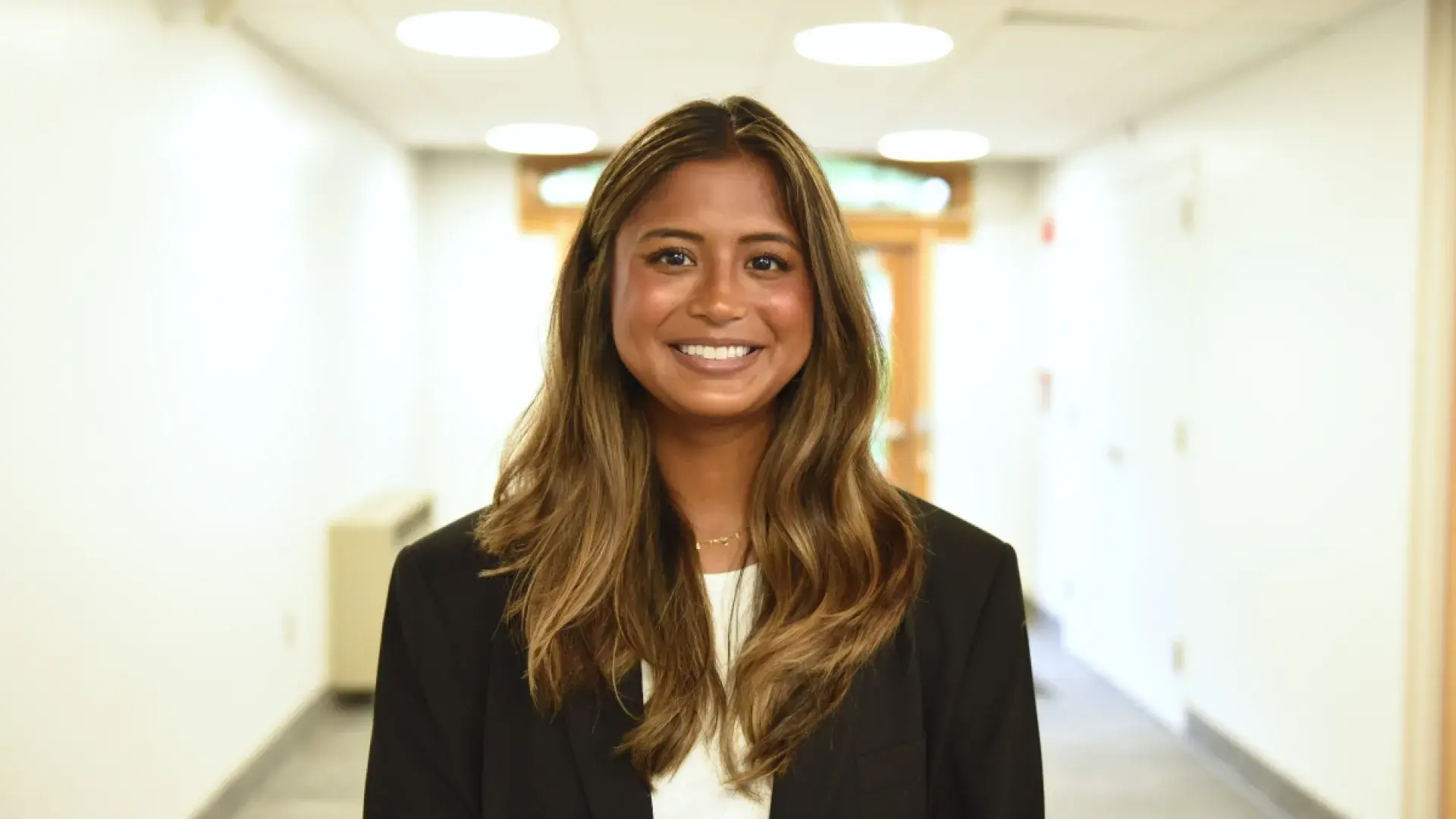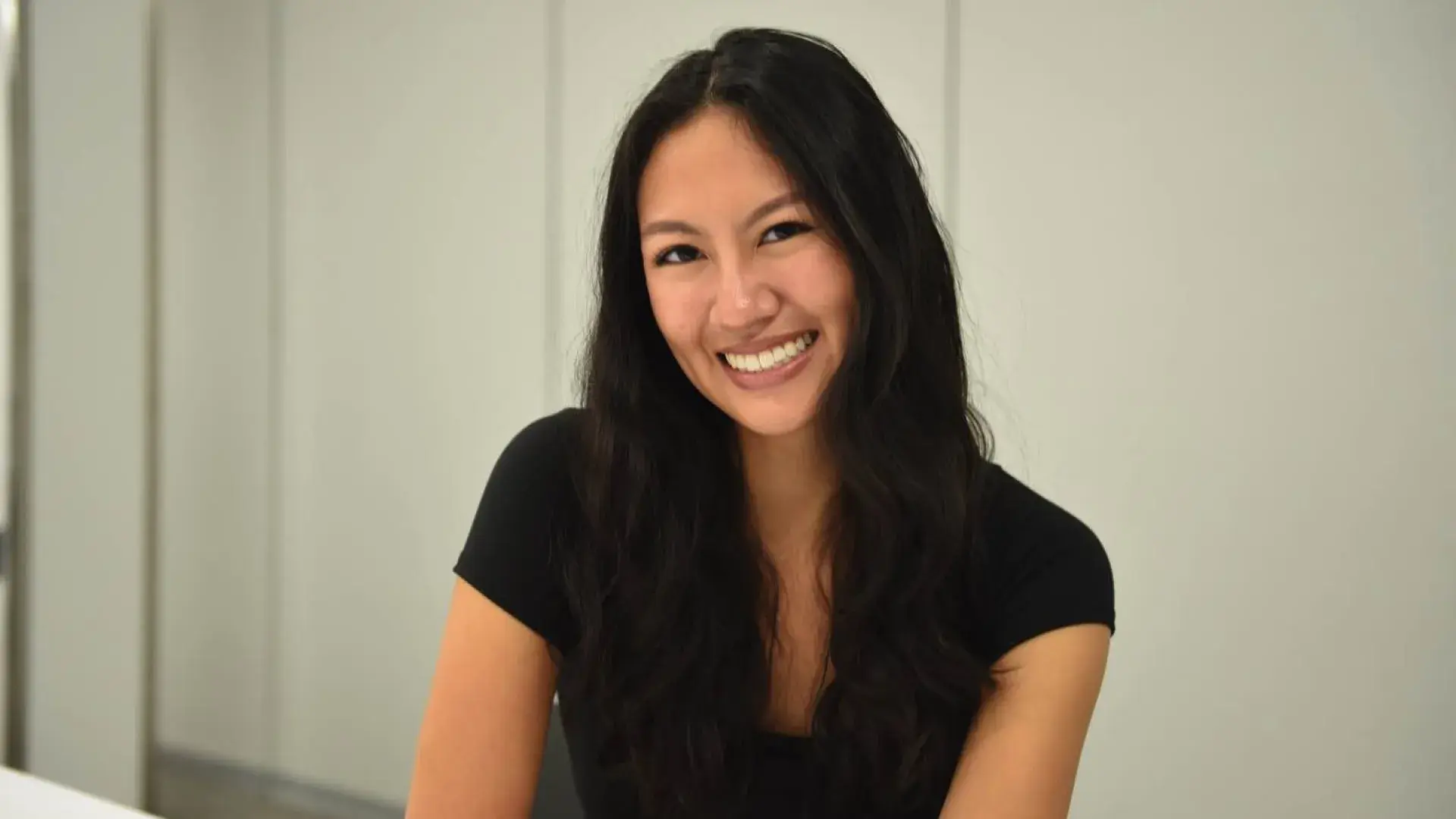
The 2023-2034 cohort of JEDI Fellows hears from their alumni counterparts on how being in the program has helped reduce cultural inequities in patient care.
JEDI Fellows at the MGH Institute are out to heal the world and make it a better place for others by learning the skills they need to address existing cultural inequalities.
An initiative of the Institute’s Office of Justice, Equity, Diversity, and Inclusion (JEDI), the program since 2019 has tapped into students’ passion for activism by raising their awareness of social injustice issues so they better understand how to serve marginalized and minoritized communities so they better understand how to advance justice within healthcare and education settings.
On Saturday, the 2023-2024 cohort of JEDI Fellows had a day-long orientation that included a video meeting with six alumni Fellows who are now living and working throughout the United States.
“It was a great way of letting the new Fellows know what our previous Fellows have done so they get a sense of what they could be doing this year,” Chief Equity Officer Dr. Kimberly Truong said of the event. “What we find is that the newer JEDI Fellows are building on foundations laid by previous Fellows that have advanced equity at the IHP, from proposing changes to the curriculum to culture change. This also helps us to build a community among our current Fellows and alumni,”
More than two dozen Fellows have participated in the program since it began in 2019. The one-year to two-year Fellowships consists of leadership training and mentoring which give participants a chance to create, pilot and facilitate workshops and programs throughout the IHP campus and upon graduating, to patients.
“My time as a JEDI Fellow really helped me,” said Rachel Kahn, who graduated in May with a Doctor of Occupational Therapy degree.
Kahn, an early-intervention OT, said what she learned has taught her to “step back and look at the situation” while working with patients. One such patient, who was frustrated by the complexities of a healthcare system that operates in a culture far different from their own, was reluctant to tell Kahn how many people were living in their home. That reaction led her to suspect the patient was living with an undocumented immigrant. The interaction, Kahn said, enabled her to better understand what was going on in that patient’s life and determine an appropriate care plan.
The video chats with alumni offered students in this year’s cohort a sense of community that promised to jumpstart their role of becoming healthcare activists.
“I feel incredibly energized,” Karina Absalon, a first-year Doctor of Occupational Therapy student and Physical Therapy Fellow, said after hearing several of the JEDI alumni speak. “To be able to talk to someone who has been through the program and who can guide me in the right direction really helps.”
Fellow OTD student Katie McColgan, a School of Health and Rehabilitation Sciences Dean’s Office Fellow, agreed. “I’m inspired to be in this space that is so connected and to see it in action is quite exciting,” she said.


